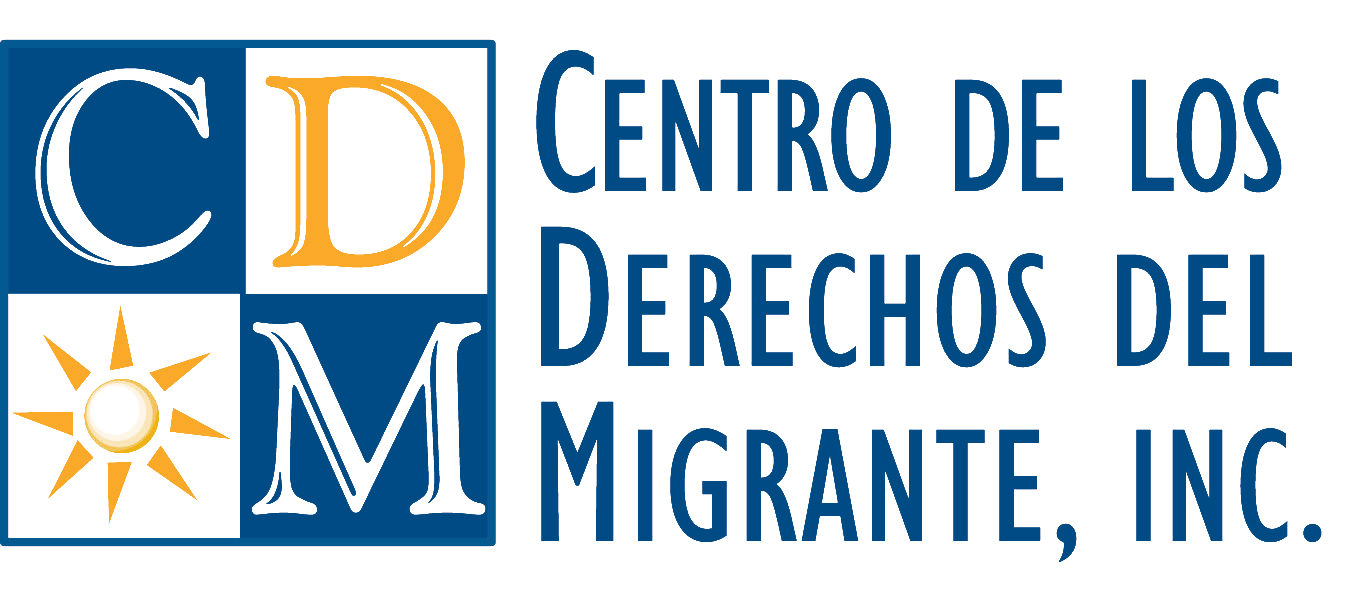PRESS RELEASE
FOR IMMEDIATE RELEASE
PRESS CONTACT:
Rachel Micah-Jones
(410) 783-0236
rachel@cdmigrante.org
Florida Court Enjoins H-2B Visa Program Regulations; CDM Calls for the Department of Homeland Security and Department of Labor to Jointly Promulgate Rule with Strong Worker Protections
On March 4, 2015, the United States District Court in the Northern District of Florida issued a decision in Perez v. Perez enjoining the 2009 Department of Labor (DOL) regulations governing the H-2B temporary work visa program. CDM is not counsel in the Perez v. Perez case. The same court enjoined DOL’s 2012 H-2B regulations, which contained important protections for U.S. and temporary foreign workers, in its 2014 decision regarding Bayou Lawn v. Solis. As a result of these decisions the H-2B visa program is currently suspended. In order for the H-2B program to remain in operation, these agencies must issue comprehensive joint regulations immediately. “It is imperative that DHS and DOL issue new regulations modeled after DOL’s 2012 rule,” said Rachel-Micah-Jones, CDM’s Executive Director. “The 2012 rule includes crucial protections against fraud, illegal labor recruitment fees, trafficking and other abuses in the international labor recruitment and employment process.”
For over nine years CDM has worked to uphold and strengthen the rights of H-2B temporary workers from its offices in the U.S. and Mexico. We have worked with hundreds of H-2B landscapers, seafood processers, carnival workers, and others who are frequently vulnerable to recruitment fraud and exploitation due to a lack of strong regulations. The 2012 H-2B rule provides crucial protections to combat these problems. In order to reduce the fees and debt that often make migrant workers vulnerable to abuses on the job, for example, the rule provides for reimbursement of visa and travel costs and fees. It would address recruitment fraud by requiring employers to provide workers with job contracts before they enter the U.S., and to provide DOL with copies of agreements with the recruiters they engage, which would prohibit recruitment fees. The rule would provide protections for workers filing complaints; workers have often been subject to retaliation and blacklisting. Finally, the rule would prevent over-recruitment of workers by requiring employers to pay at least three-quarters of the total hours promised in their work contracts. These provisions must form the basis of new rules implemented by DHS and DOL in this critical moment.
CDM has urged DOL and DHS to act together and issue protections modeled after the 2012 H-2B rule. This week’s decision makes it urgent that the agencies act now, and when they do, they must ensure that any new H-2B regulations have worker protections at their core.

